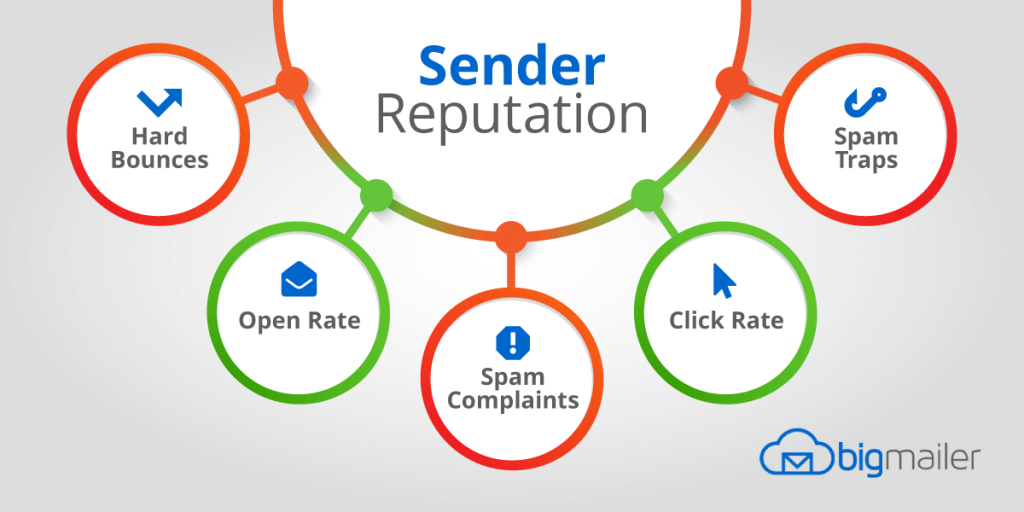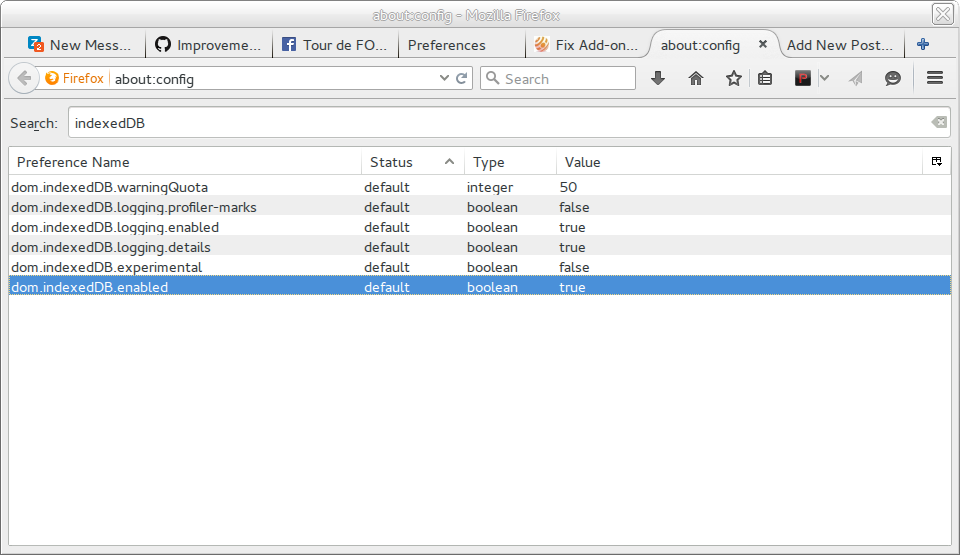
Từ nhiều năm nay, Zextras đã trở thành cái tên quen thuộc trong cộng đồng phát triển và người dùng Zimbra toàn thế giới. Công ty có trụ sở tại Milan, Italia, là một trong những nhà phát triển có đóng góp lớn nhất vào dự án nguồn mở Zimbra với bộ phần mềm nổi tiếng Zextras Suite, bao gồm rất nhiều các thành phần mở rộng, bổ sung các tính năng quan trọng vào phiên bản Zimbra Open Source edition. Nhiều tính năng trong số này sau đó đã được đưa vào trở thành một phần của phiên bản Zimbra Network edition.
Các tính năng chính trong bộ phần mềm Zextras Suite bao gồm:
- Quản lý lưu trữ: hỗ trợ lưu trữ dữ liệu thư điện tử đồng thời trên nhiều thiết bị, với các công nghệ khác nhau: đĩa cứng nội bộ, SAN/NAS, Cloud…
- Sao lưu và phục hồi theo thời gian thực.
- Phân quyền cho Quản trị viên.
- Video conf, Voice call và Chat (tương tự Google Meet).
- Lưu trữ, chia sẻ và cùng soạn sửa tài liệu (tương tự Google Docs và Google Drives).
- Hỗ trợ thiết bị di động, Outlook và Windows Mail theo giao thức chuẩn ActiveSync.
- Dễ dàng cài đặt, cập nhật và quản trị: Zextras Suite được tích hợp hoàn hảo trong Zimbra, theo quy trình cài đặt tiêu chuẩn nhanh chóng và dễ dàng.
- Tuân thủ GDPR (General Data Protection Regulation), bộ quy tắc về bảo vệ dữ liệu cá nhân do Châu Âu đề xướng.
Không lâu sau khi Synacor, công ty sở hữu thương hiệu Zimbra, ra thông báo chính thức về việc bắt đầu từ bản Zimbra 9, phần webmail với tên mới là ModernUI sẽ không được phát hành theo giấy phép nguồn mở và cũng không tiếp tục phát hành các bản đóng gói chính thức cho phiên bản Zimbra 9 Open Source, Zextras là công ty đứng ra nhận trách nhiệm biên dịch và đóng gói phiên bản Zimbra 9 Open Source, bởi lý do rất đơn giản, Zextras được sinh ra (bởi các founders) từ cộng đồng và luôn đặt sứ mệnh ưu tiên hỗ trợ cho cộng đồng lên hàng đầu.
Các bạn có thể tìm hiểu thêm về Zimbra 9 Open Source, unofficial builds, made by Zextras tại: https://www.zextras.com/zextras-build-based-on-zimbra-official-repository/ (bao gồm cả các thông tin quan trọng về tuân thủ giấy phép nguồn mở)
iWay là một trong những công ty đầu tiên tại Việt Nam tham gia trực tiếp đóng góp phát triển vào các dự án nguồn mở cùng cộng đồng thế giới, bao gồm các dự án rất lớn như Fedora Linux, Zimbra và nhiều dự án nguồn mở được chọn là nhân lõi cho Zimbra.
Với tầm nhìn trở thành nhà phát triển phần mềm nguồn mở đồng thời nhà cung cấp dịch vụ nguồn mở lớn nhất tại Việt Nam và trong khu vực, qua hơn 16 năm phát triển, iWay luôn là lá cờ đầu, tiên phong đóng góp phát triển các dự án nguồn mở theo đúng qui tắc tiêu chuẩn, cùng cộng đồng thế giới, được ghi nhận là một trong những nhà phát triển nguồn mở có nhiều đóng góp nhất trong khu vực Châu Á – Thái Bình Dương. Riêng trong dự án nguồn mở Zimbra, iWay đã tham gia đóng góp phát triển nhiều thành phần nhân lõi, cũng như thành phần mở rộng, và đặc biệt các đóng góp này đều được phát hành 100% theo giấy phép nguồn mở.
Tháng 11/2020, Zextras và iWay đã chính thức kỹ kết thỏa thuận chiến lược, cùng hợp tác phát triển dự án nguồn mở Zimbra, đồng thời iWay cũng trở thành nhà phân phối chính thức Zextras Suite tại Việt Nam: https://iwayvietnam.com/i-news.html
Nhân dịp Giáng Sinh và Năm Mới 2021, chúng tôi xin gửi lới chúc mừng tới toàn thể thành viên cộng đồng Zimbra và cộng đồng nguồn mở Việt Nam nói chung, và xin gửi tặng đến các bạn một món quà đặc biệt, Voucher giảm 20% Zextras Suite subscription, có giả trị đến hết ngày 31/1/2021.
Hãy liên hệ với chúng tôi. Điện thoại: +84(24)3527-8684 / Email: sales@iwayietnam.com.

 Nguồn: BigMailer
Nguồn: BigMailer
